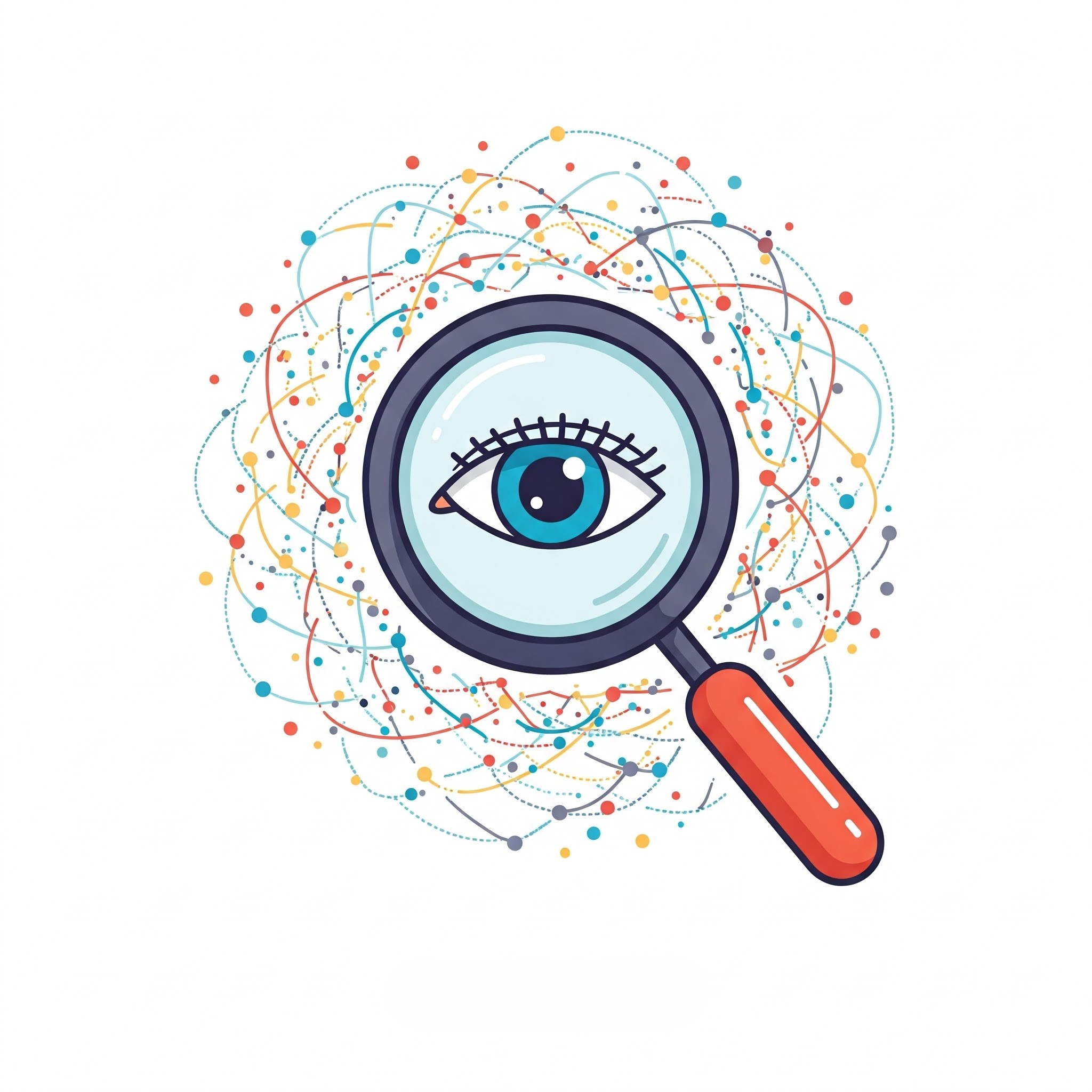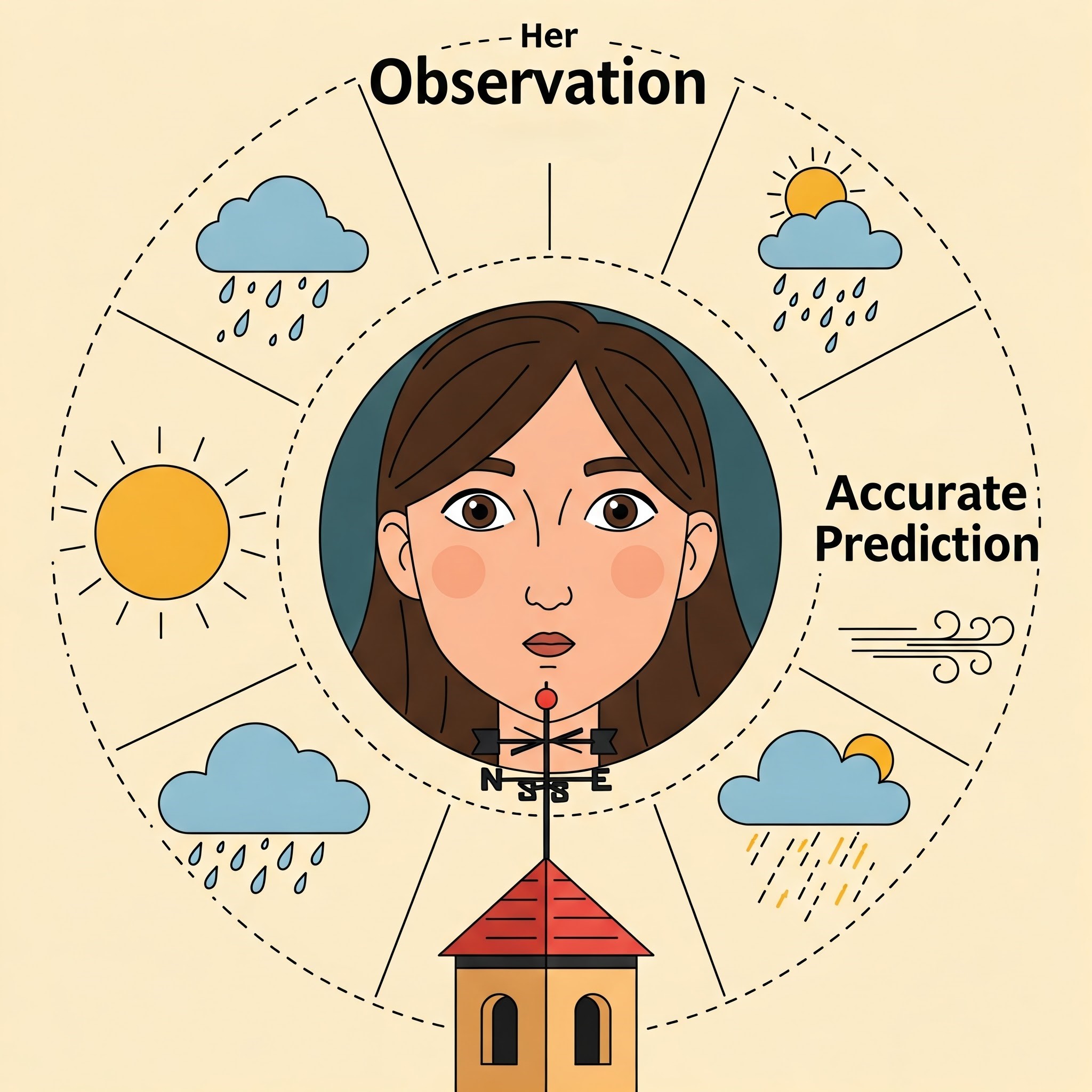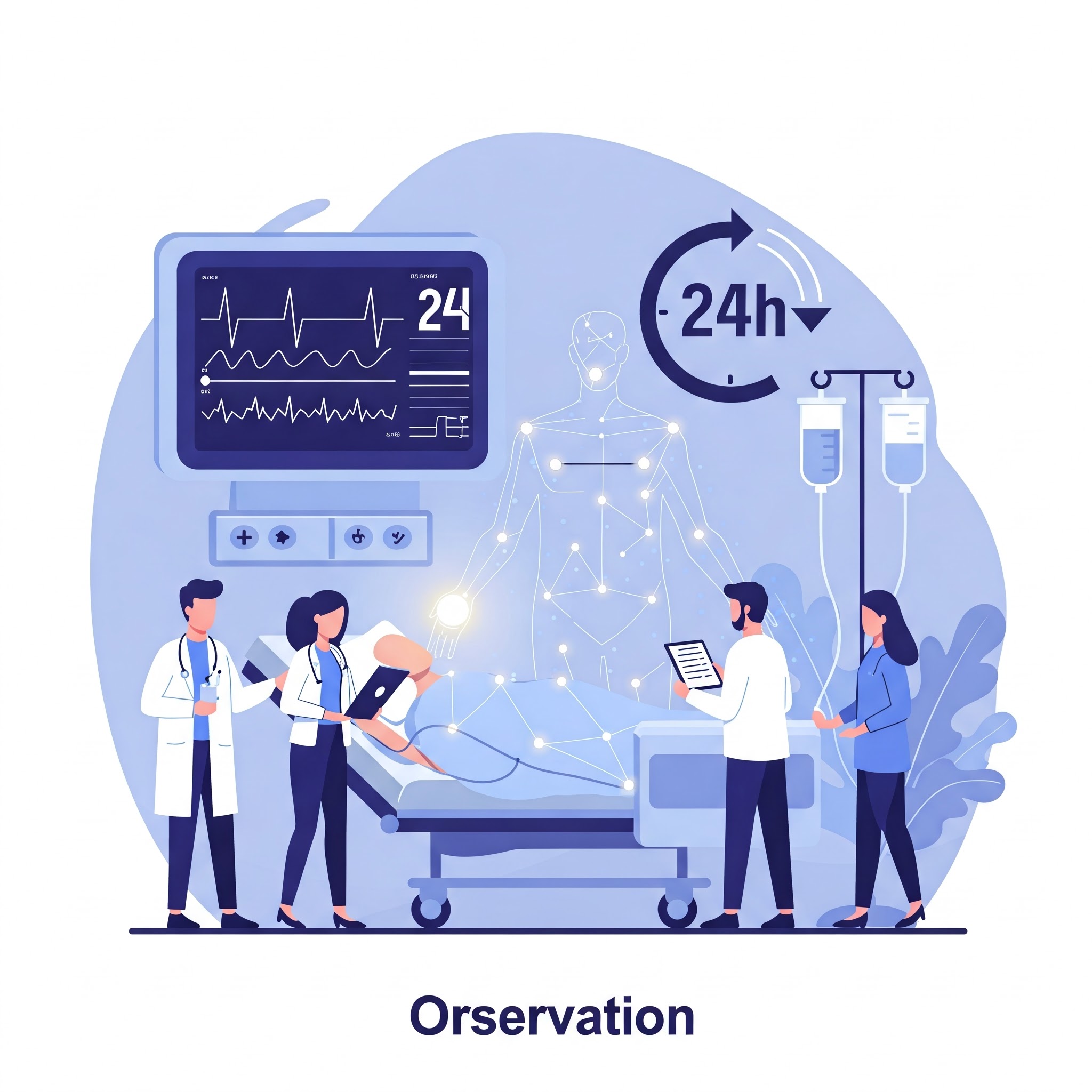Observation
Definition
Observation is a noun that refers to the act of noticing, perceiving, or examining something carefully. It can also refer to a statement or remark based on what has been noticed.
Parts of Speech
- Noun
Pronunciation
American English
- IPA Pronunciation: /ˌɑːbzərˈveɪʃən/
- Respelling: ob-zur-VAY-shun
British English
- IPA Pronunciation: /ˌɒbzəˈveɪʃən/
- Respelling: ob-zuh-VAY-shun
Etymology
The word "observation" originates from the Latin "observatio," meaning "a watching" or "a paying attention," derived from "observare," which means "to watch" or "to keep." It entered English in the late Middle Ages, primarily in scientific and philosophical contexts.
Derivatives
- Observe (verb)
- Observant (adjective)
- Observatory (noun)
- Observationist (noun, rare)
- Observational (adjective)
Synonyms
- Examination
- Perception
- Analysis
Antonyms
- Neglect
- Ignorance
- Disregard
Usage
As a noun, "observation" is used in various contexts, such as science, philosophy, and everyday life. For example, "His observation of the stars led to an important discovery."
It can also refer to a remark or comment. For example, "She made an interesting observation about the behavior of birds."
Related Terms
- Surveillance: Continuous monitoring of a subject or area.
- Insight: Deep understanding gained through careful observation.
- Inspection: A detailed examination or analysis.
Detailed Definitions
Noun
- The act of watching, perceiving, or noticing: The process of using the senses to gather information.
- Example: "The scientist recorded his observation of the chemical reaction."
- A remark or statement based on what has been noticed: A comment or conclusion drawn from careful watching.
- Example: "Her observation about the weather was accurate."
- The careful examination of a subject for study or research: Used in scientific, medical, or psychological studies.
- Example: "The patient was kept under observation for 24 hours."
observation



🇨🇳 Mandarin
- 观察 (Guānchá) - The act of observing
- IPA: /ɡwän ʈʂʰä/
- English respelling: gwahn-chah
- 观测 (Guāncè) - Observation in a scientific context
- IPA: /ɡwän tsʰɤ/
- English respelling: gwahn-tseh
🇮🇳 Hindi
- निरीक्षण (Nirīkṣaṇa) - The act of observing
- IPA: /nirikʂəɳ/
- English respelling: nee-ree-kshan
- अवलोकन (Avalōkana) - Observation in a scientific context
- IPA: /əvəloːkən/
- English respelling: avuh-lo-kun
🇪🇸 Spanish
- Observación - The act of observing
- IPA: /obsɛɾba'sjon/
- English respelling: ob-ser-ba-syon
- Nota - Observation as in remark
- IPA: /'nota/
- English respelling: no-tah
🇫🇷 French
- Observation - The act of observing
- IPA: /ɔbsɛʀvasjɔ̃/
- English respelling: ohb-sair-va-syon
- Remarque - Observation as in remark
- IPA: /ʀəmaʀk/
- English respelling: re-mark
🇸🇦 Modern Standard Arabic
- الملاحظة (Almulaḥaẓah) - The act of observing
- IPA: /almo.laːħ.θa/
- English respelling: al-mo-laa-htha
- الرصد (Alraṣad) - Observation in a scientific context
- IPA: /alrˤasˤd/
- English respelling: al-radhd
🇧🇩 Bengali
- পর্যবেক্ষণ (Pôryôbêkṣôṇ) - The act of observing
- IPA: /pɔrjɔbɛkʃɔn/
- English respelling: poryo-bek-shon
- মনতব্য (Mônotôbbo) - Observation as in remark
- IPA: /mɔnotɔbːɔ/
- English respelling: mon-o-tobbo
🇷🇺 Russian
- Наблюдение (Nablyudeniye) - The act of observing
- IPA: /nəblʲʊdʲenʲɪje/
- English respelling: nuh-blyu-de-nee-ye
- Замечание (Zamechaniye) - Observation as in remark
- IPA: /zəmʲɪˈtɕanʲɪjə/
- English respelling: zuh-me-chuh-nee-yeh
🇵🇹 Portuguese
- Observação - The act of observing
- IPA: /obsɛɾva'sɐ̃w̃/
- English respelling: ob-sair-va-saoh
- Nota - Observation as in remark
- IPA: /'notɐ/
- English respelling: no-tah
🇮🇩 Indonesian
- Pengamatan - The act of observing
- IPA: /pəŋamatən/
- English respelling: peng-ama-tan
- Catatan - Observation as in remark
- IPA: /tʃatatən/
- English respelling: cha-ta-tan
🇩🇪 German
- Beobachtung - The act of observing
- IPA: /beːoˈbaxtʊŋ/
- English respelling: beo-bahk-toong
- Anmerkung - Observation as in remark
- IPA: /ˈanmɛrkʊŋ/
- English respelling: an-mer-kung
🇯🇵 Japanese
- 観察 (Kansatsu) - The act of observing
- IPA: /kan.sat.su/
- English respelling: kan-sat-su
- 注釈 (Chūshaku) - Observation as in remark
- IPA: /tɕuːʃaku/
- English respelling: choo-sha-koo
🇻🇳 Vietnamese
- Quan sát - The act of observing
- IPA: /kʷan ʂaːt˧/
- English respelling: kwan sat
- Nhận xét - Observation as in remark
- IPA: /ɲaːn ɕet˧˥/
- English respelling: nyahn set
🇰🇷 Korean
- 관찰 (Gwanchal) - The act of observing
- IPA: /kwan.tɕʰal/
- English respelling: gwan-chal
- 주석 (Juseok) - Observation as in remark
- IPA: /tɕuːsʰʌk̚/
- English respelling: joo-seok
🇹🇷 Turkish
- Gözlem - The act of observing
- IPA: /ɟøzlem/
- English respelling: goz-lem
- Dikkat - Observation as in remark
- IPA: /dɪkːat/
- English respelling: dik-kat
🇵🇰 Urdu
- مشاہدہ (Mushāhidah) - The act of observing
- IPA: /mʊʃaːhɪdaː/
- English respelling: moo-shaa-hi-daa
- تبصرہ (Tabsrah) - Observation as in remark
- IPA: /təb.sɪ.rə/
- English respelling: tab-se-rah





